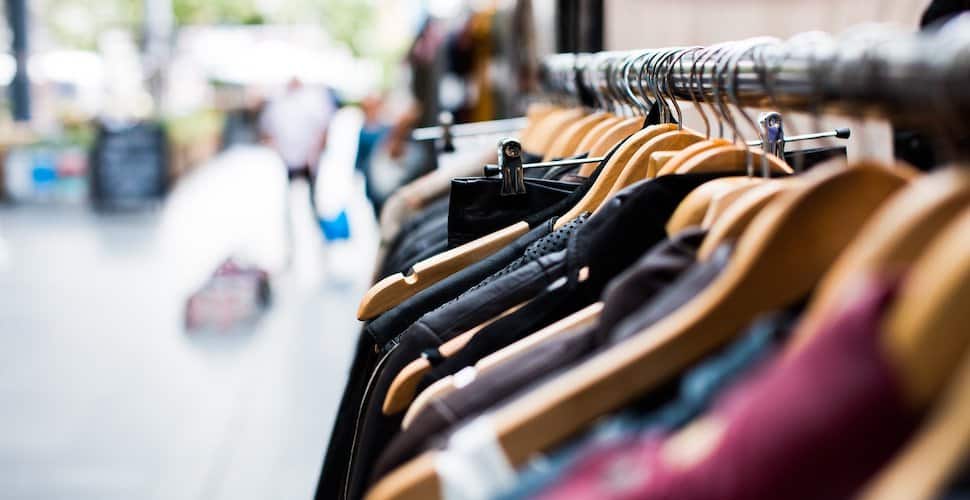Can private inspections and certification schemes really fix forced labor?

A new report by Human Rights Watch explores the potential of audits and certification schemes to hold companies accountable for labor abuses in their global supply chains and what their limitations are.
Labor abuses could go undiscovered
As brands' supply chains have extended around the world, they have come under increasing pressure to ensure their supply chains are free from human rights abuses, including forced labor. This has led to a proliferation of social audits (private investigations) and certification schemes to assess the compliance of suppliers with voluntary codes of conduct which may incorporate elements of international labor standards to varying degrees.
However, business pressures on auditing firms and pressure to control costs directly impacts the quality of the audit and may prevent labor abuses from being uncovered. One industry expert told Human Rights Watch, “If one auditing firm spends three days when another auditing firm will take half a day or one day and that's cheaper, then where are the incentives for a supplier to choose an auditing firm that will do more work and cost more?”Strong supply chain legislation is needed
There is a growing, global movement for governments to pass mandatory human rights and environmental due diligence legislation which is necessary to ensure human rights and environmental abuses are rooted out of supply chains and workers have access to remediation. Social audits alone can't provide that.
As these countries consider how best to regulate companies, they should closely scrutinize the way social audits and certifications have worked. Companies may seek to use social audits and certifications as part of their efforts to demonstrate compliance with such laws, but the social audit and certification process is riddled with conflicts of interest, loopholes, and other problems that render it an inadequate tool to ensure respect for human rights and environmental standards.
Freedom United and 100+ other civil society organizations are calling on the E.U. to pass a strong and effective law to hold businesses accountable for rights abuses and environmental destruction. If successful, companies and governments would be required to enact preventative measures, conduct robust risk analyses, and face punishments for failing to prevent all human rights violations—including human trafficking and forced labor—in their supply chains.
Sign the petition calling on all governments to pass strong mandatory human rights due diligence legislation to hold companies accountable for exploitation.
This “Eyes on Trafficking” story is reprinted from its original online location.
 ABOUT PBJ LEARNING
ABOUT PBJ LEARNING
PBJ Learning is a leading provider of online human trafficking training, focusing on awareness and prevention education. Their interactive Human Trafficking Essentials online course is used worldwide to educate professionals and individuals how to recognize human trafficking and how to respond to potential victims. Learn on any web browser (even your mobile phone) at any time.
More stories like this can be found in your PBJ Learning Knowledge Vault.
EYES ON TRAFFICKING
This “Eyes on Trafficking” story is reprinted from its original online location.
ABOUT PBJ LEARNING
PBJ Learning is a leading provider of online human trafficking training, focusing on awareness and prevention education. Their interactive Human Trafficking Essentials online course is used worldwide to educate professionals and individuals how to recognize human trafficking and how to respond to potential victims. Learn on any web browser (even your mobile phone) at any time.
More stories like this can be found in your PBJ Learning Knowledge Vault.
